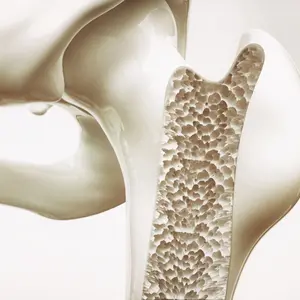

Integrative Health and Wellness

Integrative Health and Wellness
Music Therapy Shown to Reduce Depression and Pain
Music therapy is increasingly being used by healthcare organizations for mood regulation and to reduce fatigue, pain, and depression in patients. According to Memorial Sloan Kettering Cancer Center (MSKCC), sound is a powerful tool to encourage healing and promote a sense of well-being. MSKCC offers music therapy through its Integrative Medicine Service.
Another advantage of music therapy, says MSKCC, is communality—it can be effective in helping patients express their feelings, interact with others, and lessen feelings of isolation and loneliness. Significantly, the perception of pain can also be minimized.
MSKCC music therapist Karen Popkin says music therapy is an individualized therapy with sessions tailored to the interests, mood, and energy level of the participant. The therapy is performed bedside and specific goals are laid out depending on the patient’s needs, which might typically be alleviation of pain or depression, to promote relaxation, or to increase motivation for treatment.
This mind-body therapy can be experienced either in active mode, where the patient participates along with the therapist, or in receptive mode, where they simply listen and absorb the sounds.
As music stimulates areas of the brain, it may be particularly helpful for brain cancer, says Popkin. A MSKCC randomized controlled study, published in the journal Cancer, followed 62 patients hospitalized for autologous stem cell transplantation, a procedure known to cause significant psychological distress. One group received music therapy twice a week while the other did not receive the therapy. The music therapy group scored 37% lower for mood disturbance.
Music therapy has been extensively studied by neuroscientists looking at how music is processed in the brain. Functional MRIs of musicians have shown that people who play musical instruments or sing have an increased brain volume, and that listening to music engages many of the same areas of the brain as language, food, and sex but uses partly unique neural circuits.
REFERENCES
Memorial Sloan Kettering Cancer Center. (n.d.). Music therapy. https://www.mskcc.org/experience/patient-support/activities/music-therapy


 By
By







